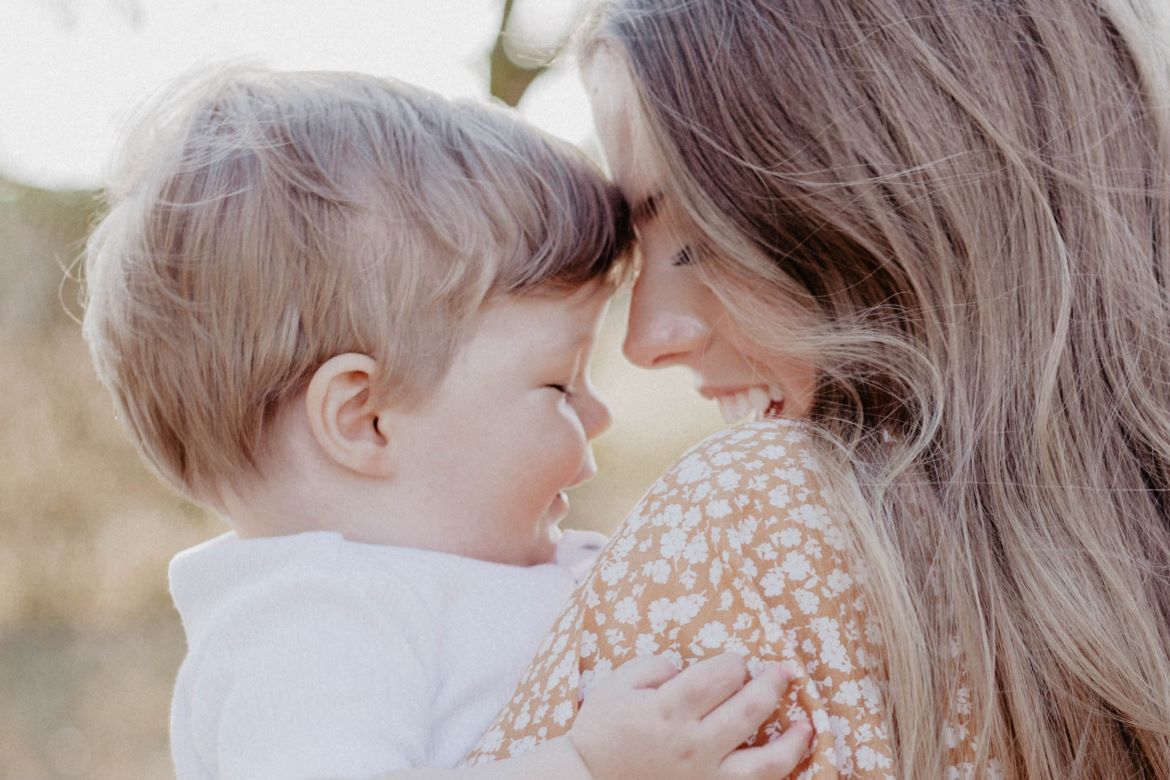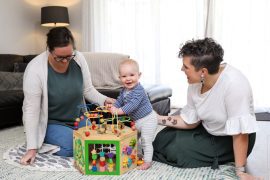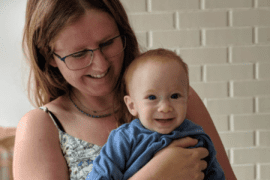By Lelia Schott
Brene Brown is the world’s leading researcher on shame, vulnerability, courage, and empathy. Almost everything she writes is quote worthy. You may also enjoy her Ted Talks on these topics.
“Shame, blame, disrespect, betrayal, and the withholding of affection damage the roots from which love grows. Love can only survive these injuries if they are acknowledged, healed and rare.”
“You are imperfect, you are wired for struggle, but you are worthy of love and belonging.”
“Because true belonging only happens when we present our authentic, imperfect selves to the world, our sense of belonging can never be greater than our level of self-acceptance.”
“If we can share our story with someone who responds with empathy and understanding, shame can’t survive.”
“Shame derives its power from being unspeakable.”
“We live in a world where most people still subscribe to the belief that shame is a good tool for keeping people in line. Not only is this wrong, but it’s dangerous.”
How does shame begin within us?
We aren’t born with shame. We learn it by experiencing and believing the lie in it. Adults often use shame to coerce children into more convenient behaviour. Children are punished with it by those they so desperately long to be protected by.
Hannah Gadsby said, “Shame is not a weapon. At least, it shouldn’t be, because it is way too powerful. But here we are living in cultures where we regularly, habitually “soak one child in shame and give permission to another to hate”. Shame is an identity-shredding bullet when aimed at a kid.
When you soak a child in shame, they cannot develop the neurological pathways that carry thoughts of self-worth. They can’t do that. Self-hatred is only ever a seed planted from outside in. But when you do that to a child, it becomes a weed so thick, and it grows so fast, the child doesn’t know any different. It becomes as natural as gravity.”
There are different ways adults shame children, in varying degrees and for multiple reasons. I wont address obvious abuse in this post which obviously causes deep-seated shame in children. I want to discuss the most insidious way which is accepted and even applauded in society.
PUNISHMENT
If punishment works, how is it that there are always the same kids in trouble? We see the same kids in detention all the time. Parents tell me they spank and punish their kids regularly, sometimes daily. Teachers complain of the same kids in fights, not completing tasks, disrespecting, and in addiction. Yet these kids are always punished for their behaviour. Society knows very well how to punish. So why are they not learning the lesson? I mean the REAL lesson in their heart, not just hiding their problems from the adults meant to help them.
If punishment works, why is it always the same people repeatedly having affairs or cheating? The same people abusing, or gambling, or overspending, or lying, or stealing, and generally just causing themselves and those they love pain! These adults habitually do so even though they’ve been punished their whole lives. And often by the people closest to them, the church and whole community. Often they even punish themselves. None of these adults were raised without punishment.
Most people in prison are incarcerated more than once. There are more people in prison than in school in some countries. Research on prisoners confirms that all were severely punished and shamed as children by parents, relatives, school and often even religious elders.
Even if we don’t include those convicted of crimes or those with drug or alcohol addictions, you can see adults repeatably stumbling over the same behavioural problems, despite the way they were all raised with punishment.
So why did punishment not work? Or could it be that it’s not the punishment after all that helps people grow into moral, kind, healthy people?
Whether you punish or whether you problem-solve together, people will make mistakes. The difference though between someone who develops an internal government opposed to becoming codependent on an external one, is SHAME (which is not the same as self-proclaimed guilt). Guilt says, “I did something bad. I don’t feel good about it. I want to not do that again!”
Shame says, “You are bad! You always mess up! You are a loser. Everything you do is wrong!” Shame is the deep-rooted belief that you are incapable of change. No matter how badly you want to.
“Shaming makes the child wrong for feeling, wanting or needing something.” – Robin Grille
“Harsh, critical parental behaviour produces shame-prone, perfectionistic children who then pass the family bad habit down to their children.” – Lynne Namka
The long-term harm of punishment on a developing mind
Where do people develop a poor self-image?
In their childhood. Always in their childhood. Before a child is even old enough to self-regulate and act maturely, they are punished for having normal healthy emotional and developmental needs. They are punished for any outburst or normal immature feelings.
A preschooler is not able to access their problem-solving part of their brain when they are afraid, angry or sad. Yet they are shouted at, isolated, reprimanded disrespectfully and even physically assaulted more than any other time in their lives. They get stuck in their emotions unless they feel safe to express them. That is why it helps to be trustworthy and non-threatening and allow all emotions. I said ALL emotions, NOT ALL behaviour. When we give kids empathy they learn how to be empathetic adults.
What is the point of punishment?
Is it to prevent a child repeating the behaviour? Or experiencing the unmet need that led to the behaviour?
A need can NEVER be punished away. Punishment is pointless. Children learn to avoid accountability when their vulnerability is met with animosity.
“Discipline is helping a child solve a problem. Punishment is making a child suffer for having a problem. To raise problem solvers, focus on solutions, not retribution.” – L.R.Knost
Punishment seems to be effective to those focused on immediate compliance. Punishment doesn’t change the heart for good. Parents are uncomfortable with their own emotions and experiences and often have unrealistic expectations, therefore punish and shame children for anger, crying, a lack of social cues and even fear. Most adults don’t understand child or emotional development at all. We’ve been conditioned to punish everything we dislike without thinking WHY a child is behaving the way they are. So we punish the effect without healing the cause. The root of shame takes hold and keeps people stuck way into their adult years.
Shame hinders growth because it leads people to believe that internal change is impossible or unwarranted.
Punishment causes shame and moves children to defend themselves and justify their actions instead of owning up and making up for their actions.
It’s a survival tool to deny our weaknesses to those who like to punish us for them. It’s a survival tool to suppress your emotions and deny your needs if you’ve been shamed for having them.











